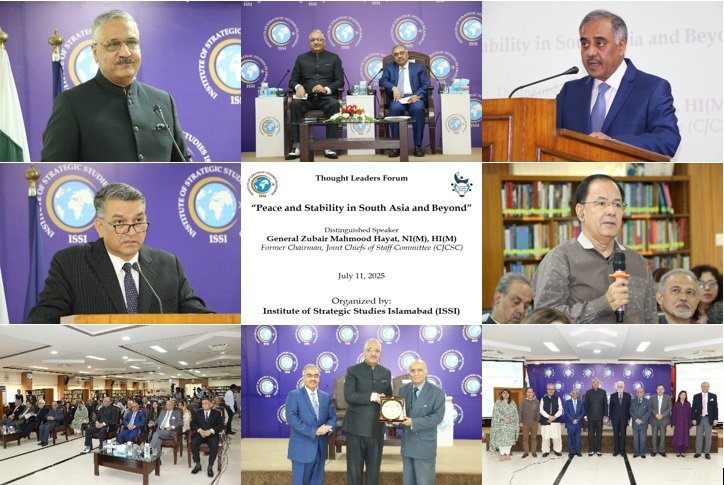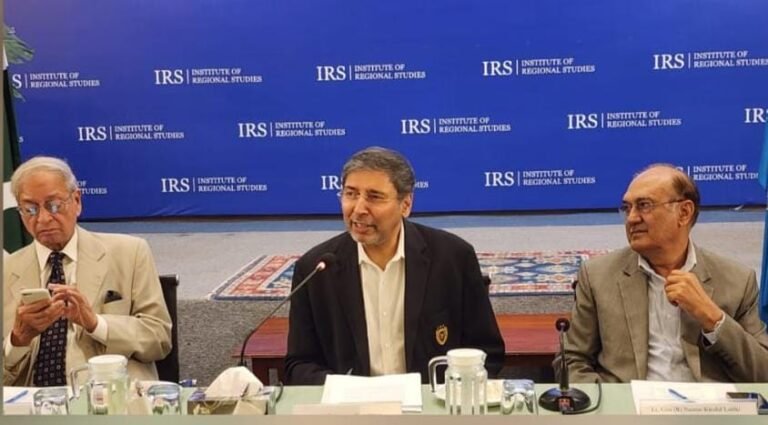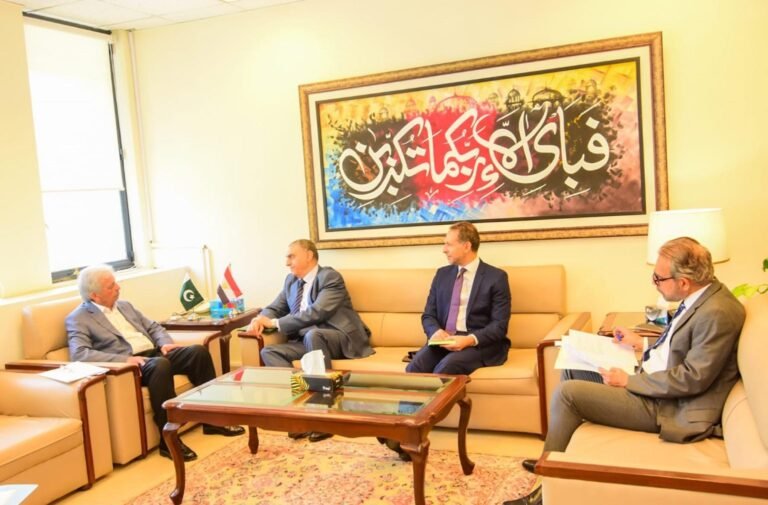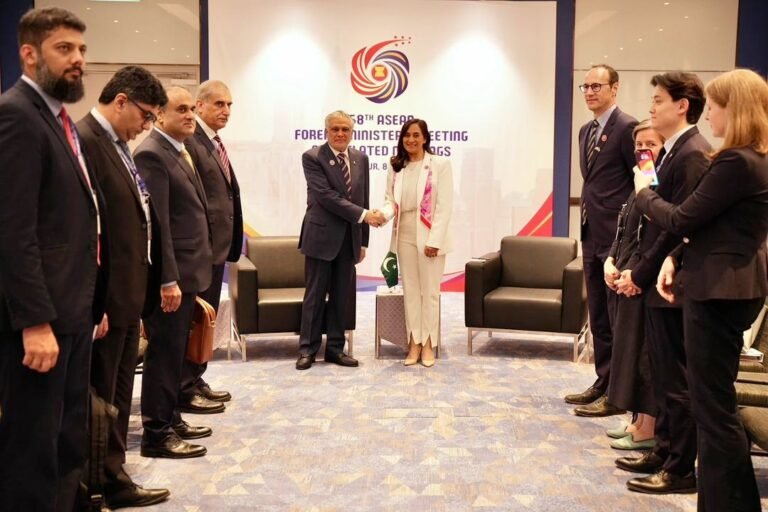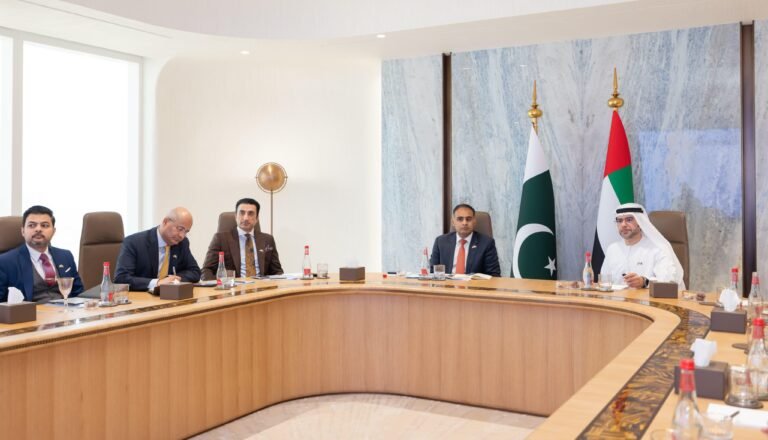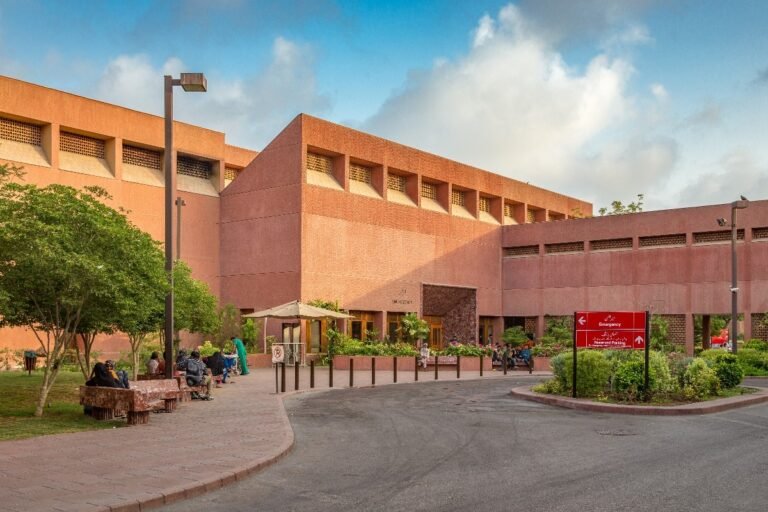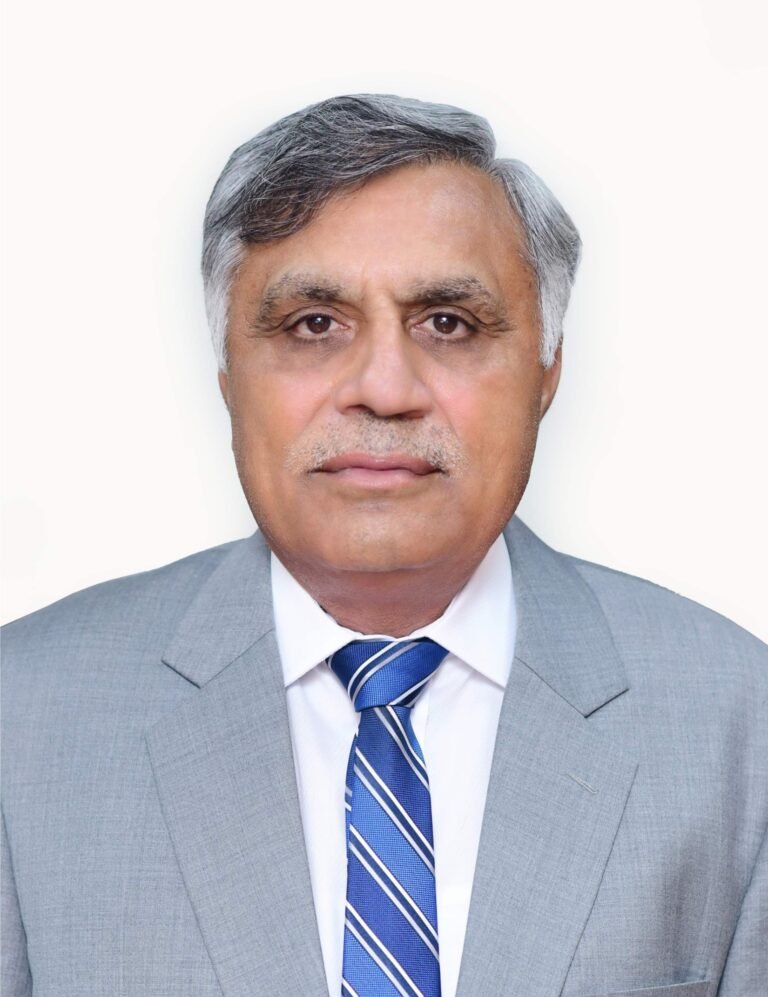Islamabad – In its latest edition of the Thought Leaders Forum (TLF), the Institute of Strategic Studies Islamabad (ISSI) hosted General Zubair Mahmood Hayat, NI(M), HI(M), Former Chairman Joint Chiefs of Staff Committee (CJCSC), as the Distinguished Speaker. The session focused on the theme “Peace and Stability in South Asia and Beyond.”
Ambassador Sohail Mahmood, in his welcome remarks, highlighted the rapid transformation of the global order, marked by intensified great power competition, militarisation, erosion of multilateralism, and the rise of non-traditional security threats. Focusing on the recent crisis in South Asia, Ambassador Sohail Mahmood drew attention to India’s baseless allegations against Pakistan following a terrorist incident in Indian Illegally Occupied Jammu & Kashmir (IIOJK), and the ensuing conflict dynamics that nearly escalated into full-scale war in May 2025. He noted that Pakistan effectively countered Indian aggression with a calibrated and resolute response, while maintaining diplomatic composure. Emphasising the urgent need for crisis communication, ceasefire stabilisation, and eventual dispute resolution, he underscored the broader regional fragilities—including stalled SAARC cooperation, regional securitisation, and unresolved disputes like Kashmir.
Ambassador Sohail Mahmood further stressed that Pakistan must sustain robust defence preparedness and proactive diplomacy to navigate this complex strategic landscape and foster lasting peace in South Asia and beyond.
General Zubair Mahmood Hayat, NI(M), HI(M), Former Chairman Joint Chiefs of Staff Committee (CJCSC), in his talk, cautioned that South Asia, currently lingers below the threshold of stability. He underscored that the region is trapped in a complex security quagmire, aggravated by the absence of crisis management mechanisms, regional security frameworks, and meaningful exchanges across multiple domains.
General Hayat raised pertinent questions about the nature of peace and concluded that true peace cannot be imposed, bought, or externally driven—it must be earned through justice, trust, and sovereign equality. He warned that the doomsday clock for South Asia now stands at 30 seconds to midnight, highlighting the destabilising impact of India’s evolving strategic posture, ideological shift, and military build-up. He called attention to India’s grand strategic delusions, the shift from the ‘Doval’ to ‘Modi doctrine’, and the resulting “reverse deterrence” where Pakistan’s resolve has only strengthened.
General Hayat noted that while Kashmir has long been recognised as a nuclear flashpoint in South Asia, the 2025 crisis has now brought water also into the equation—underscoring that South Asia stands at a critical juncture. He urged Pakistan to use this moment to revamp internally, seize emerging global opportunities, and navigate future threats with clarity and strength.
The address was followed by a thought-provoking and engaging question & answer session, during which participants delved deeper into the complex regional dynamics and benefitted from General Zubair Mahmood Hayat’s strategic insights.
Earlier, in this introductory remarks, Director Dr. Talat Shabbir, highlighted the strategic significance of peace and stability in South Asia amidst a fragile regional security architecture marked by both traditional and non-traditional threats.
Ambassador Khalid Mahmood, Chairman Board of Governors, ISSI, presented a memento to General Zubair Mahmood Hayat. The event brought together scholars, diplomats, and policy experts to engage in an insightful discussion on evolving regional dynamics, strategic stability, and pathways toward enduring peace in the broader South Asian context.

